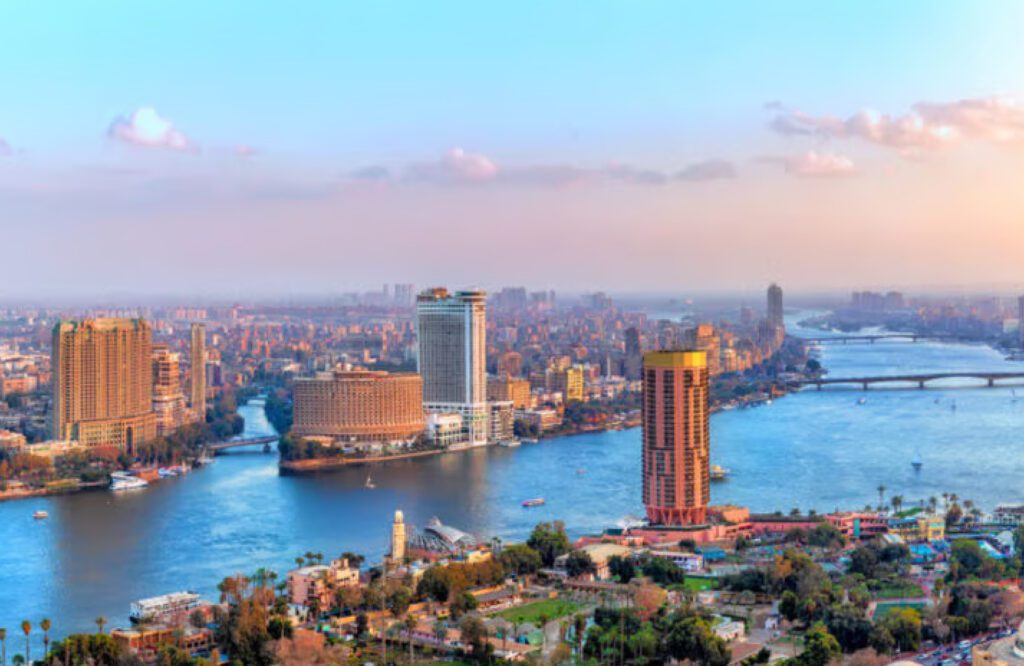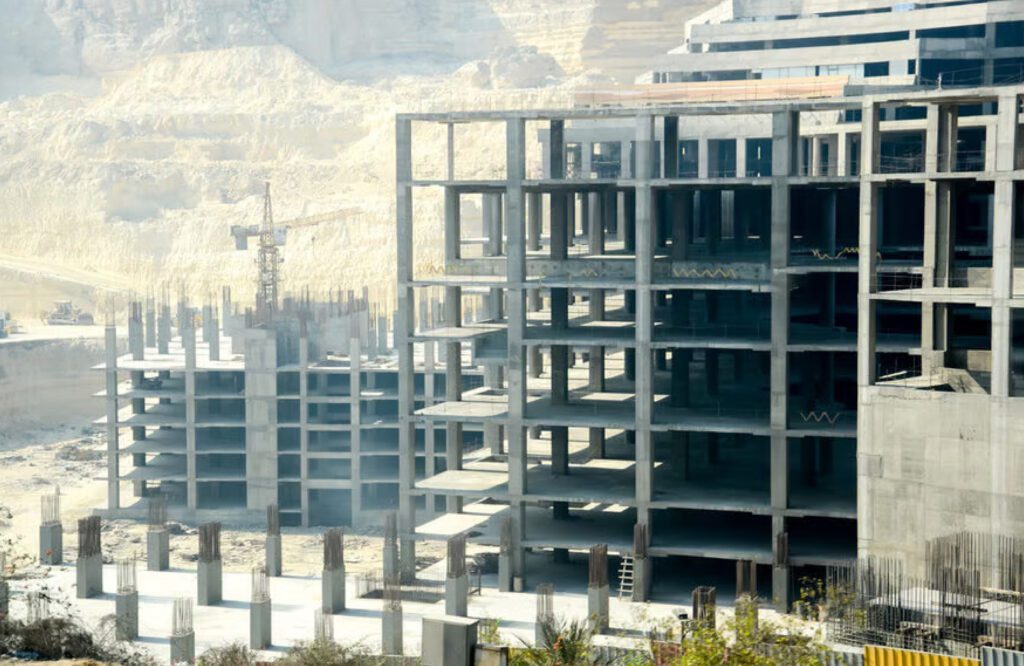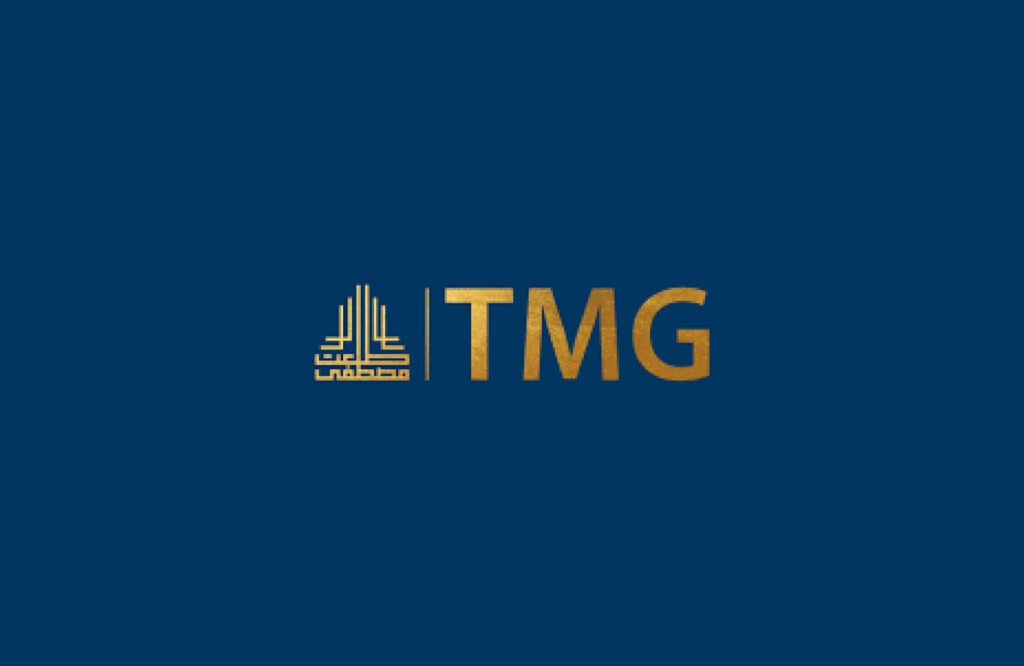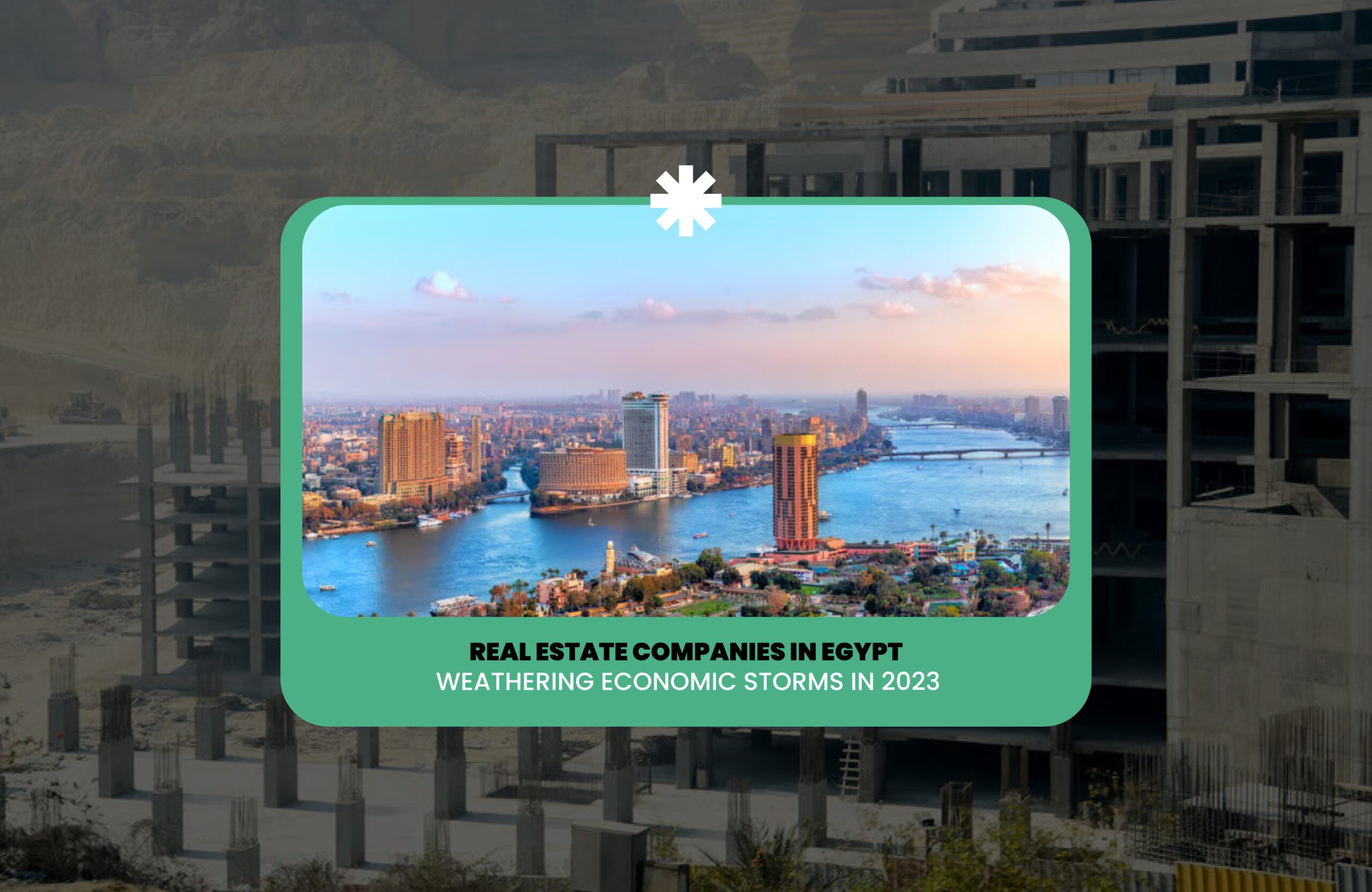Real Estate Companies and The real estate and construction industry in Egypt faced several significant challenges in 2023, impacting its operations and growth. The real estate and construction industry in Egypt in 2023 faced a complex array of challenges related to economic instability, high construction costs, liquidity issues, and the need for adaptation in business models and government policies. Despite these difficulties, there were efforts from both the private sector and the government to find solutions and sustain the growth of the industry.

2023 in a nutshell:
The year 2023 has been a challenging one for real estate companies in Egypt, as they navigated through a series of both local and global economic upheavals. From geopolitical tensions to financial policy shifts, these events have significantly influenced the operations and strategies of these companies. In this blog, we’ll explore how these developments have impacted real estate companies in Egypt and their responses to these challenges.
Real Estate Companies and the Red Sea Shipment Attacks:
The Red Sea shipment attacks had a profound impact on global and local trade, affecting the Suez Canal’s revenues. This disruption rippled across various sectors, with real estate companies in Egypt feeling the pinch. The uncertainty and increased logistical costs led to a reevaluation of investment and development strategies by these companies.
US Interest Rate Hikes: A Test for Real Estate Companies:
2023 also saw the US increase its interest rates, leading to a decreased attractiveness of the Egyptian market in the eyes of foreign investors. Real estate companies in Egypt faced capital outflows and a decline in foreign direct investments (FDIs), prompting a shift in their market approach and investment sourcing strategies.
The Palestinian-Israeli Conflict: A Regional Disruptor:
The Palestinian-Israeli conflict brought about disruptions in tourism, trade, and investments – sectors closely tied to the health of the real estate market. Real estate companies in Egypt were forced to reassess their projections and strategies, particularly those with significant investments in tourism-related properties and developments.
The Impact of the Sudanese Civil War:
The Sudanese Civil War led to an influx of over 300,000 refugees into Egypt, significantly affecting the housing market. Real estate companies saw a spike in housing demands, leading to adjustments in pricing and an acceleration in the development of new housing projects.
Joining BRICS: A New Horizon for Real Estate Companies:
Egypt’s decision to join BRICS was seen as a positive move by real estate companies, offering a potential reduction in dependence on US trade. This strategic alignment opened new avenues for investment and development, allowing real estate companies to explore partnerships and opportunities in emerging markets.
Dollar Crisis and Currency Devaluation: Challenges and Adaptations:
The significant devaluation of the Egyptian pound presented real estate companies with pricing challenges and economic uncertainty. This situation required a nimble response in pricing strategies, cost management, and customer engagement to maintain market stability and consumer trust.
Interest Rate Hikes and their impact:
The increase in interest rates to combat inflation added another layer of complexity for real estate companies. The higher borrowing costs impacted both the supply side (developers) and demand side (buyers), prompting real estate companies to find innovative financing solutions and offer more flexible payment terms.
Rising Fuel and Diesel Prices: A Direct Hit to Development Costs:
Lastly, the increase in fuel and diesel prices directly impacted the construction costs for real estate companies. These companies faced higher operational costs, leading to a reevaluation of project timelines, pricing strategies, and overall budget allocations.
The problems real estate companies faced:

High Construction Costs: The construction industry was particularly hit by rising costs. This was due in part to global economic conditions impacting the prices of raw materials, which increased by 18-20%. This escalation in costs led to a rise in the prices of real estate by about 15-30%, making projects more expensive to execute and to purchase.
Economic Instability: The Egyptian economy experienced fluctuations, including the devaluation of the Egyptian pound and high inflation rates. This situation led to increased costs for construction materials and labour, thereby affecting the affordability and profitability of real estate projects.
Impact on Different Market Segments: The high costs of raw materials and land led to a lack of projects serving the middle and lower-income segments of society, which constitute a significant portion of the Egyptian population.
Real estate companies adaptations:
Market Adaptation and Regulatory Measures: Despite these challenges, the industry showed resilience. Real estate developers were adapting to market changes, and the government introduced regulatory measures to support the industry. These measures included offering land to companies paying in foreign currencies and providing strategic solutions between contractors and investors.
Role of Architectural Designers: The challenges also extended to the realm of architectural design. Designers were urged to create sustainable, low-cost products that met the changing needs and purchasing power of customers, using natural resources for ventilation and lighting.
Financial Liquidity Challenges: The sector faced issues related to a lack of financial liquidity, which threatened the completion of projects that had already been sold to clients. The industry needed a new model to handle these challenges, from the offering of land to delivering a ready-to-move final product.
Re-evaluation of Business Models: There was a call for real estate companies to devise new real estate tools and products that suit the financial capabilities of customers. This included finding non-traditional financing facilities and creating initiatives to facilitate the payment process for customers.
Government Policies and Land Prices: The government’s approach to offering land and its pricing was a point of contention. Real estate developers argued that land prices, which constituted about 40% of construction costs, were too high and needed to be reduced to more sustainable levels.
Foreign Investment Perspectives: There was an optimistic view from foreign investors, including Saudi investment, regarding the Egyptian markets. However, the timing of state decisions and the current difficult economic conditions were seen as challenges.
Tycoons of real estate companies in 2023:
Talaat Moustafa Group (TMG):

Guided by the Moustafa family’s vision, TMG has significantly impacted Egypt’s real estate sector. Renowned for initiating expansive projects like Madinaty and Al Rehab, TMG has masterfully crafted self-sustaining urban areas. These projects exemplify the company’s commitment to building communities that offer everything from housing and commercial outlets to leisure and recreational options. TMG’s dedication to integrating luxury, sustainability, and innovative infrastructure aims to address the evolving demands of Egypt’s residents.
For the full report about Talaat Moustafa Group in 2023.
Mountain View:

Mountain View has carved a niche for itself by focusing on the development of “Smart Cities” and sustainable habitats. Its project portfolio, which includes Mountain View October Park, Mountain View Hyde Park, and Mountain View iCity, represents an ambition to blend the tranquility of nature with the conveniences of modern living. This approach emphasizes eco-friendly living and innovative design, prioritizing the seamless integration of technological advancements with the natural environment.
For the full report about Mountain View in 2023
Emaar Egypt:

Operating under the umbrella of the Dubai-based Emaar Properties, Emaar Egypt brings international expertise to the Egyptian real estate scene. The company’s prestigious projects, such as Uptown Cairo and Marassi, have positioned it as a leader in creating luxurious living communities. These developments are designed to offer a mix of residential, commercial, and leisure spaces, elevating the standard for high-end real estate across Egypt.
For the full report about Emaar Egypt in 2023
Palm Hills Developments:

Palm Hills Developments is recognized for its strategic vision to establish comprehensive, autonomous communities. With a varied portfolio that includes Palm Hills October, Hacienda Bay, and Palm Parks, the company serves a broad spectrum of housing needs, ranging from opulent villas to stylish apartments. Palm Hills is committed to pushing the boundaries of architectural innovation and community design, with a strong emphasis on sustainable and green living practices aimed at improving the lifestyle of its inhabitants.
For the full report about Palm hills developments in 2023
Real estate companies in Egypt have shown remarkable resilience and adaptability in the face of a challenging 2023. Each of these events has uniquely tested their strategies and operations. While some have brought immediate economic strain, others, like the prospect of new international alliances, offer a silver lining. As the sector moves forward, the agility and innovative approaches of these real estate companies will be key to navigating future uncertainties and capitalizing on new opportunities in Egypt’s dynamic market landscape.



